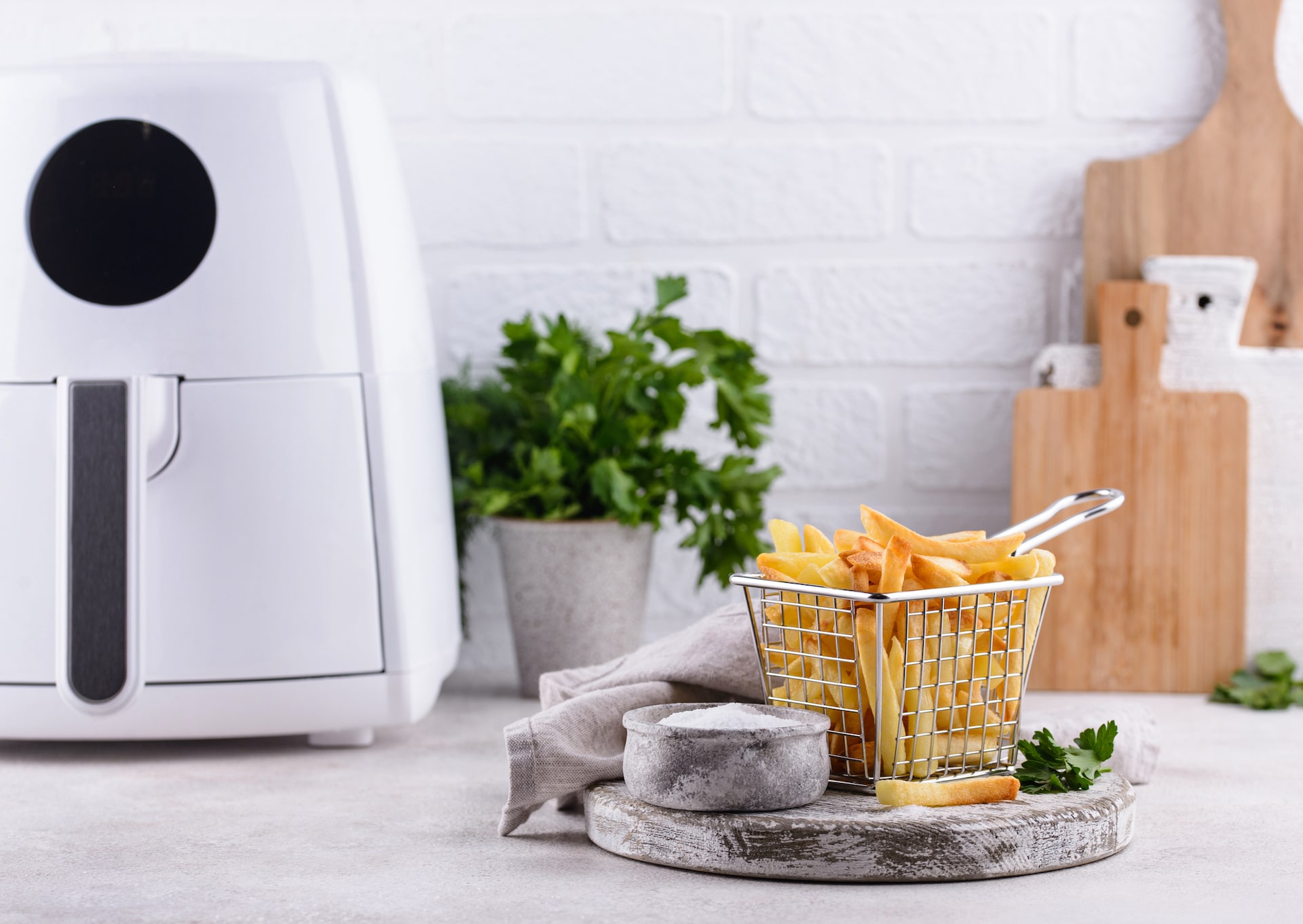This article may contain affiliate links. We may receive a commission for purchases made through these links. Privacy Policy.
Has belly bloat become a part of your daily life? You eat a snack or meal and then immediately feel pressure, “fullness,” and see a visual expansion of your belly?
It’s uncomfortable and annoying. It disrupts your focus and mood. It certainly isn’t an ideal way to live. But it doesn’t have to be your daily reality.
What is bloating, and what can cause bloating?
Bloating is the result of excess solids, liquids or gases in your digestive system. It feels like your stomach is swollen due to excess gas or food disrupting your digestive system.
While bloating can be caused by medical conditions, dietary intolerances most likely cause it.
Here are some simple and effective ways to reduce bloat.
1. Eat Slowly
Eating slowly has numerous benefits, including a significant reduction in bloating. Take inventory of how many times you typically chew before swallowing.
Then try to double that number.
It will likely feel hard (and even a little weird) at first, but your mouth is the first step of your digestion. The more you break your food down here by chewing thoroughly, the less your digestion has to work to move food through the GI tract. This results in less bloating.
Beyond chewing more thoroughly, you can also try to set your fork, spoon or food down in between bites. This act will naturally slow down your eating process, and therefore, reduce any digestive woes. This is especially important to remember if you are eating a big meal!
2. Create a “Food Feeling” Log

How often do you eat foods, feel bloated and terrible afterward, but then mindlessly eat that same food again the next day? Many of us live and eat entirely unaware of how certain foods make us feel.
Start a simple food log where you log the food eaten at that meal (or snack), how you feel immediately after, and how you feel 1-2 hours later. Do you feel light, satisfied, and energized? Or heavy, sluggish and bloated? The more specific you can be with your descriptions, the better.
From there, you can look back at which foods may make you feel bloated or heavy.
Everyone has different tolerances to foods, so taking time to understand how your body reacts can be life-changing. Perhaps you can eat less of the foods that make you feel bloated, and more of the foods that make you feel light and full of energy !
Related: The Top 5 Blenders For Smoothies
3. Drink More Water

Over half of your body is made up of water.
When you don’t hydrate enough, it can deeply affect your digestion—picture water as a means of lubrication for your digestive system. If you don’t drink enough, it’s easier for substances and gases to stay stuck in your intestines rather than move easily through your GI tract.
A good rule of thumb: drink half of your weight, in ounces. So, if you weigh 150 lbs, drink 75 ounces of water per day.
4. Eliminate Gas-Inducing Foods
While you are unique and your body may be sensitive to specific foods or spices, there are several common culprits when it comes to bloat.
Common foods that produce gas include:
- Cauliflower
- Broccoli
- Brussels sprouts
- Cabbage
- Carbonated beverages
- Sugar and artificial sweeteners
- Sugar alcohols
- Apples
- Pears
- Watermelon
- Chewing gum
- Whole grains
- Oats
- Milk
- Cheese
- Ice Cream
If you regularly eat any of these foods, you can try doing your “food feeling” log to determine how they affect you or practice eliminating this food for a week or more. See how you feel not having the food as a part of your diet.
After a week or more, try adding a small amount of that food back into your diet and see how your body reacts. If it still causes bloat or digestive troubles, perhaps you add it to your “avoid or eat occasionally” list.
It is typical for people with irritable bowel syndrome to get flare-ups when they eat lots of carbs, sweeteners or dairy products. By keeping a food diary and noticing how different foods affect you, you can work on avoiding those tummy aches and abdominal pain.
It’s also not uncommon for individuals with IBS or other digestive issues to follow a fodmap diet, which stands for Fermentable Oligo-, Di-, Mono-saccharides And Polyols, and basically limits particular carbs and sugars that are known to cause abdominal bloating and pain.
Related: Gut Health 101
5. Boost your Gut Health

Your gut health refers to balancing the microorganisms that live in your digestive tract. By supporting this balance, you not only reduce bloat, but you also improve immunity, energy, and mental clarity.
Probiotics are a good way to boost your gut health. Check out some of these probiotic supplements here.
You can also boost the good bacteria in your gut through eating fermented foods. Fermented foods include:
- Kefir
- Kimchi
- Kombucha
- Sauerkraut
- Tempeh
- Miso
Learn more about how to support your gut health here.
You do not have to deal with chronic bloat. There are plenty of ways to help your body eliminate or control any digestive issues you may be dealing with and decrease your bloated belly.
These 5 simple tips can drastically reduce, if not eliminate, the symptoms of bloat.
You might also be interested in: What Vegetables Are Keto-Friendly? [Insight From Dietitians, Physicians and Nutritionists]
Top tips to reduce bloat are:
- Eat Slowly
- Create a “food feeling” log
- Drink more water
- Eliminate gas-inducing foods
- Boost your gut health
BoopBod
view postBoopBod
Emily and Beth are besties who head up Boopbod. They love kettlebell workouts, coffee runs, sweaty power vinyasa flows and loads of belly laughs. They create resources that elevate your mind, body and soul, allowing their squad to live out their version of "happy healthy."
view post








